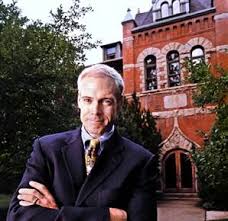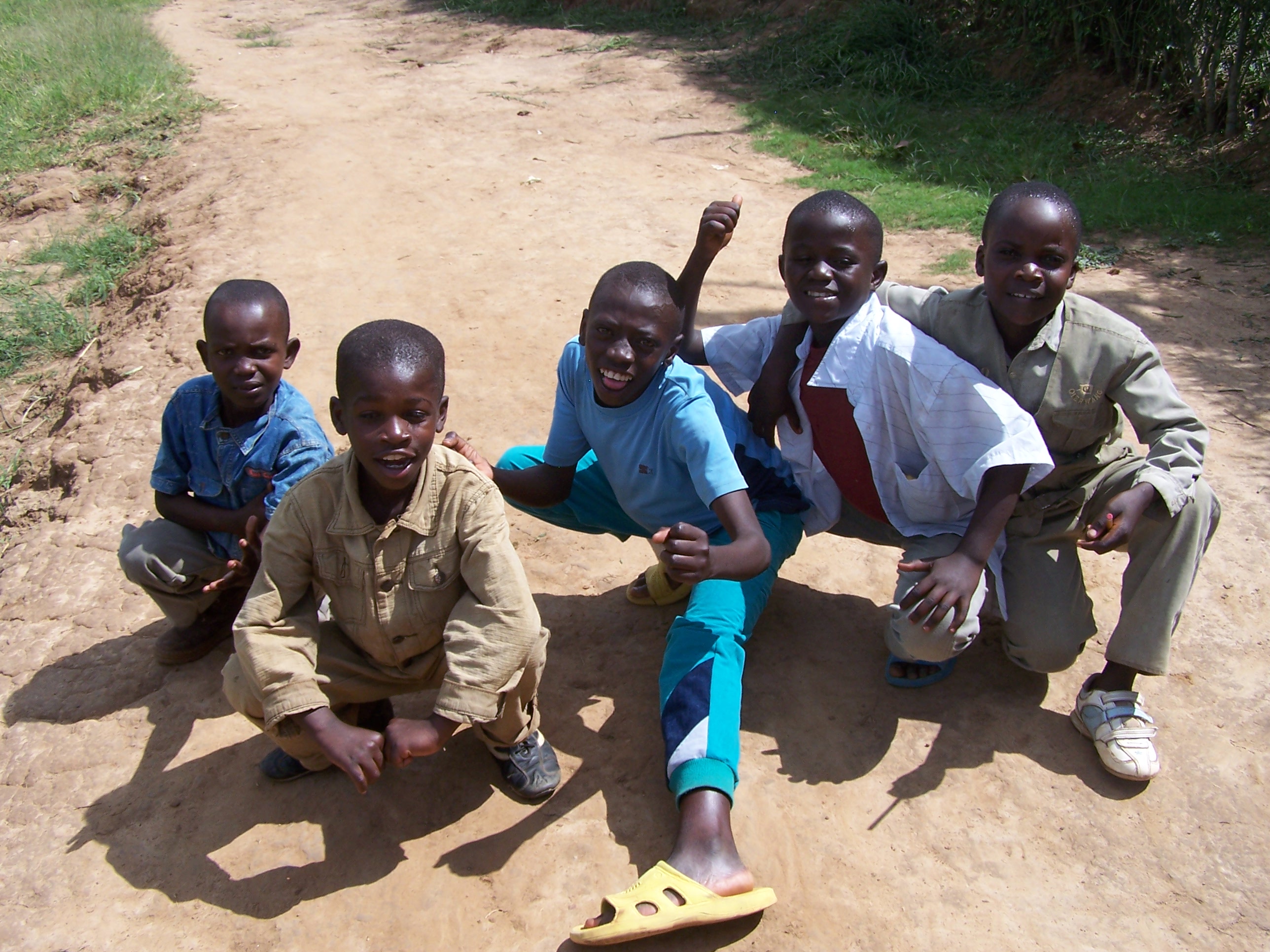I am now back in the USA, after 24 hours of travel. Literally. 10 hours from Kigali, Rwanda to Brussels, Belgium, 4 hour layover, and then 10 hours from Brussels to Atlanta.
I've only been gone for 9 days, but it seems like much longer. I guess shifts in perspective and worldview truly mark your life, and when marked, that moment transcends a sense of time or the window of reality we live in through schedules and clocks and urgency. It becomes part of the fabric of who you are.
Being in Rwanda opened my eyes and made me aware. Anything more on my experience there would be disrespecting my new Rwandan brothers and sisters. I would be foolish to say that I was thrust deep into the Rwandan culture and experienced what 99% of Rwandans experience on a daily basis. I did not. I was only made aware. I became responsible and a steward of what I was exposed to. But other than that, I cannot in any way act like I experienced poverty in the tiniest since. I ate great food. I slept in a hotel. I traveled around the country on a nice bus with 10 other Americans. I took a shower. I drank bottled water.
Now, upon re-entering the American culture I am so used to and have grown up in, and is but part of my normal routine, I am experiencing a second round of being made aware. I am experiencing reverse culture shock.
I flew from Kigali to Atlanta on a plane.... most Rwandans have never left their community, much less their country.
Once I arrived in Atlanta, I drove home in my car.... I only met one person in Rwanda who owned a car, and that was a muzungu (white man). If you want to travel somewhere, you walk, or if you are lucky, you take a bus.
I am carrying $200 in cash in my pocket that was considered "spending money" on my trip..... In the places we visited, the average income was around $180 per year for an adult.
I arrived in 40 minutes to my 3 bedroom, 2 1/2 bath two story home..... most Rwandans live in a mud brick one room house, with no toilet.
I turned on the TV and got a diet coke from the Refrigerator.... no TV's or refrigerators in most homes because of no electricity.
I drove to Chick-fil-A for a chicken sandwich.... Most Rwandans are subsistence farmers, and struggle to feed their families, especially in times of drought.
I took a shower and brushed my teeth..... No showers, and Rwandans have to walk sometimes as many as 3 miles to water wells for clean water. And hundreds of thousands still have no access whatsoever to clean water wells, so must continue to drink, clean and bathe with dirty river water.
I fell asleep in a king-sized bed watching The Unit on my laptop.... in Rwanda, a mattress is a luxury- most sleep on a mat or plywood.
I awoke this morning and searched in the closet for a shirt to wear from probably 50 shirts hanging..... most Rwandans have two to three outfits at most.
Couldn't figure out what pair of shoes to wear from 15 different options..... You are lucky to have one pair of shoes in Rwanda. And siblings usually share, regardless of foot size.
I am aware. And responsible.
 I am a big fan of
I am a big fan of  After being here in Rwanda for a week, you can't help but to have your perspective changed. Mine definitely has.
After being here in Rwanda for a week, you can't help but to have your perspective changed. Mine definitely has.